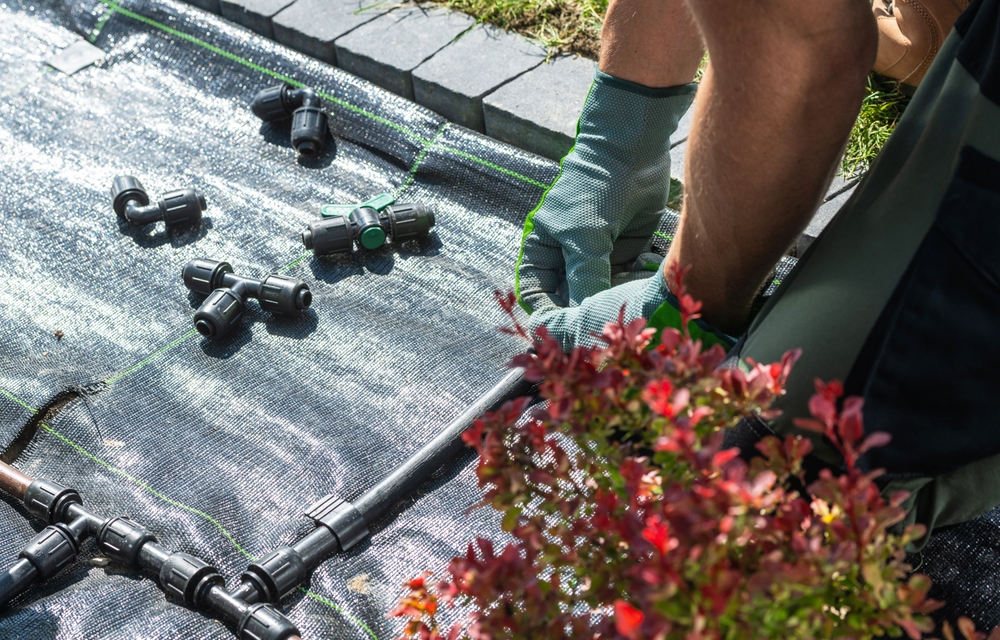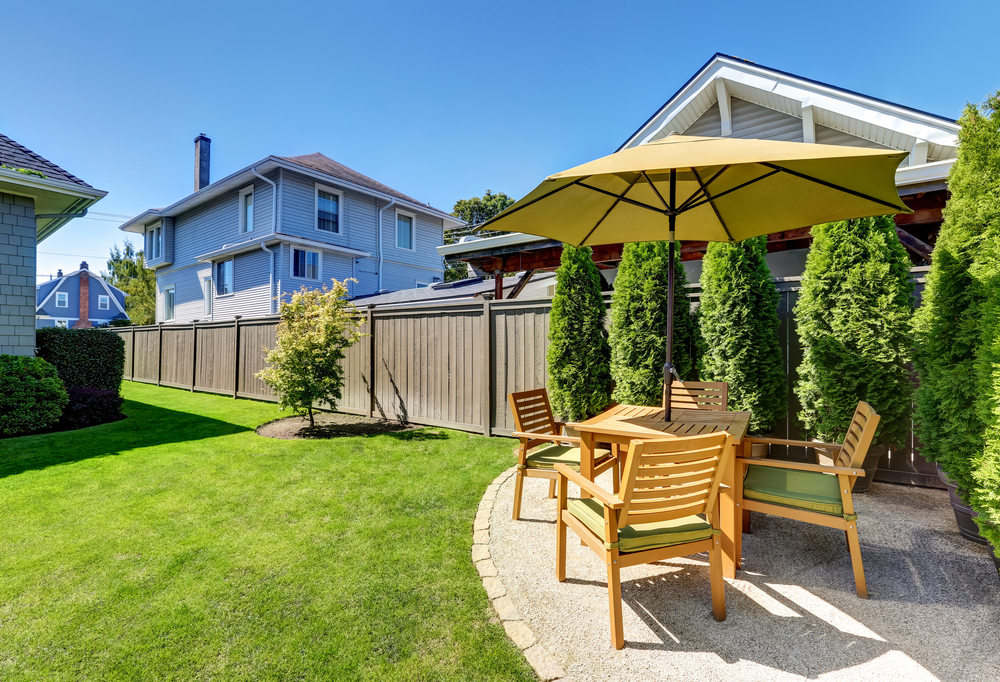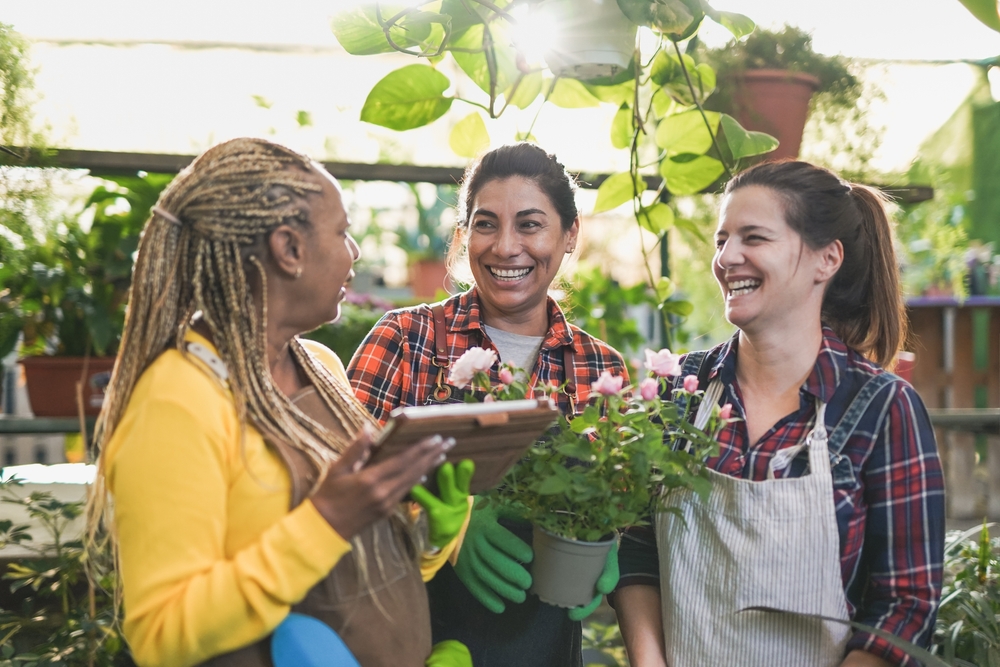Seattle homeowners have a unique opportunity to pioneer eco-friendly living through sustainable gardening. This guide will help you reduce your carbon footprint and enhance your home’s green appeal with local plants and water-saving techniques. Explore these tips to create a thriving, sustainable garden tailored to Seattle’s climate.
Choosing Native Plants for a Resilient Garden
Understanding Native Plants
Selecting native plants is key to developing an eco-friendly garden. Native plants are adapted to the local climate and soil, making them more resilient, requiring less water, and needing fewer pesticides. Some excellent choices for Seattle include:
Western Sword Fern (Polystichum munitum): Perfect for shady areas.
Oregon Grape (Mahonia aquifolium): An evergreen shrub that provides year-round interest.
Red Flowering Currant (Ribes sanguineum): Great for attracting hummingbirds.
Incorporating these plants helps support local wildlife and contributes to a balanced ecosystem.
Water Conservation Tips for Seattle Gardens
Rainwater Harvesting
With Seattle receiving about 37 inches of rainfall annually, rainwater harvesting is a practical method for water conservation. Install rain barrels to collect rainwater from your roof. This free resource can be utilized for watering your garden during dry periods, reducing dependency on municipal water.
Efficient Watering Techniques
Opt for drip irrigation systems which directly deliver water to plant roots, minimizing evaporation and runoff. Watering early in the morning or late in the evening also helps reduce water loss.
Composting for Healthy Soil
Creating nutrient-rich compost can significantly improve soil health and reduce waste. Here’s a simple guide to start composting:
Choose a Compost Bin: Select or build a bin that suits your garden size.
Add Organic Material: Include a mix of green materials (kitchen scraps, grass clippings) and brown materials (dry leaves, cardboard).
Maintain Your Compost: Turn the pile regularly to aerate it. Keep it moist but not soggy.
Harvest and Use: Once the compost is dark and crumbly, it’s ready to use as a soil amendment.
Reducing Lawn Areas
Lawns require significant water and maintenance. Consider replacing portions of your lawn with drought-tolerant ground covers or creating xeriscaped areas with gravel, rocks, and native plants. This not only conserves water but also enhances biodiversity in your garden.
Eco-Friendly Pest Management
Using natural pest control methods benefits both your garden and the environment. Encourage beneficial insects like ladybugs and predatory beetles by planting diverse flora. Additionally, homemade pest deterrents, such as garlic spray or neem oil, can be effective against harmful pests without resorting to chemical pesticides.
Engage with Your Garden
Participate in local gardening workshops and connect with community gardens to learn more about sustainable gardening practices. Sharing experiences and tips with fellow residents can foster a community spirit centered around eco-friendly living.
Frequently Asked Questions about Sustainable Gardening in Seattle
What are the best native plants for Seattle gardens?
- Western Sword Fern, Oregon Grape, and Red Flowering Currant are excellent choices, adapted to thrive in Seattle’s climate.
How can I conserve water in my Seattle garden?
- Utilize rainwater harvesting, adopt drip irrigation systems, and water during cooler parts of the day to maximize water efficiency.
What are some natural pest control methods?
- Encourage beneficial insects by planting a variety of plants and use homemade pest deterrents such as garlic spray or neem oil.
Seattle homeowners can lead the way in eco-friendly living through sustainable gardening. By choosing native plants like Western Sword Fern, Oregon Grape, and Red Flowering Currant, you can create a resilient garden that supports local wildlife. Water conservation is crucial in Seattle's climate, and techniques like rainwater harvesting and drip irrigation can significantly reduce water usage. Composting enriches soil health, while reducing lawn areas and employing natural pest control methods enhance biodiversity and minimize environmental impact. Engaging with local gardening communities can further your knowledge and commitment to sustainable practices.


